Stigma & Discrimination in the Workplace
Defining Stigma
“Whenever mental illness is mentioned in the news its usually because something bad has happened…
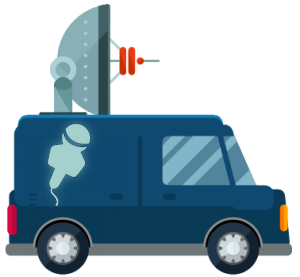
… that sort of conditioned us … to think that whenever you think of mental illness you think of very strange behaviour, or some kind of violence …
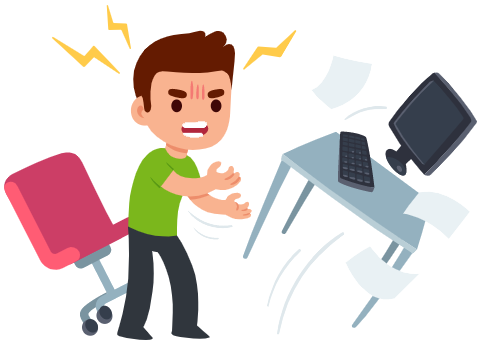
… Because of that when I was sick with early on symptoms, I wasn’t able to go the hospital and say “ok I think there’s something wrong with me”…

… I didn’t want to because I thought, um, I thought it was an insult to be mentally ill.”
Dan Leadley
Person with Lived Experience
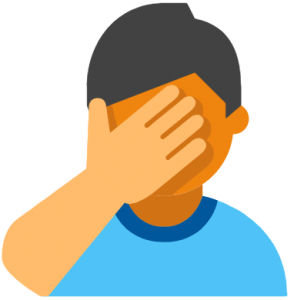
“Stigma is when there’s some kind of bad thing that happens to you because of who you are.
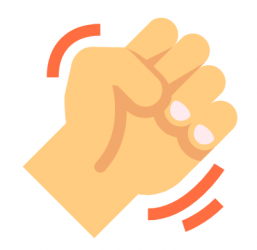
Stigma is sort of like discrimination but a lot more broad so it could be discrimination in treatment, practically, or just in the way people perceive you”
Andre Picard
Public Health Reporter, The Globe and Mail
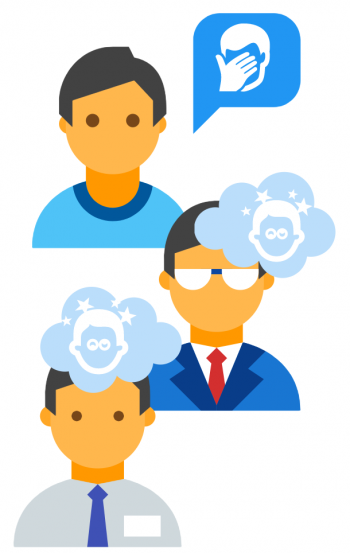
“Stigma means that some people don’t want to identify as having a mental health problem because of the way other people are going to react to it
it also means they don’t want to identify because of admission of having that issue for themselves.”
Patrick Baillie
Psychologist & Lawyer
“… stigma is complex
It’s the idea that’s there’s something inherently wrong with you or dysfunctional there’s something abnormal and worth avoiding in somebody.
… stigma is the idea or is often attached to the idea that if you have a mental illness you’re more likely to be unpredictable, violent, to commit a crime and we know that’s not the case.“
Sarah Berry
McGill University Researcher
Stigma has 4 distinct Components
Labeling someone with a condition
Stereotyping those who have that condition
Creating a division; a superior "us" group and a devalued "them" group
Discriminating against someone on the basis of their labels.
click the highlighted text above

